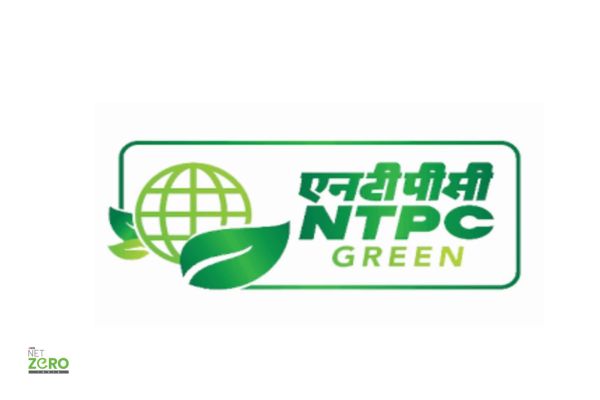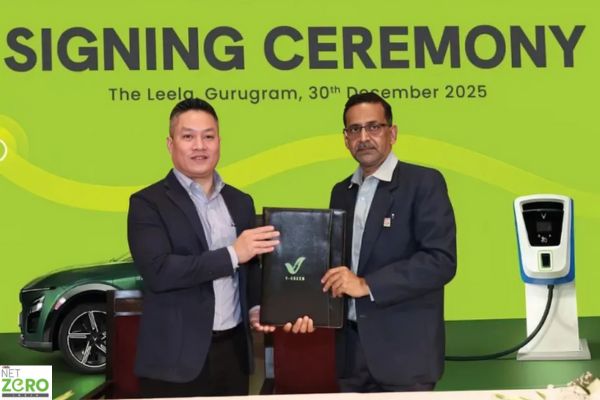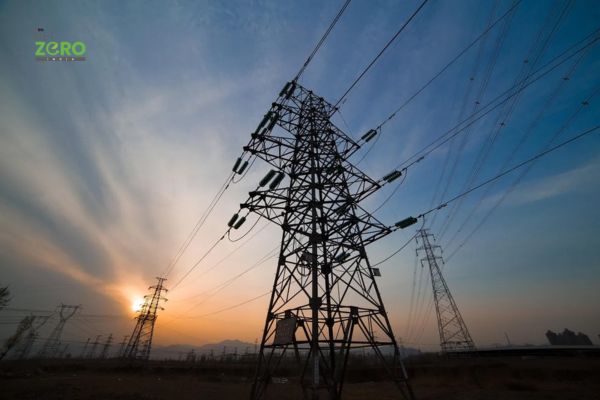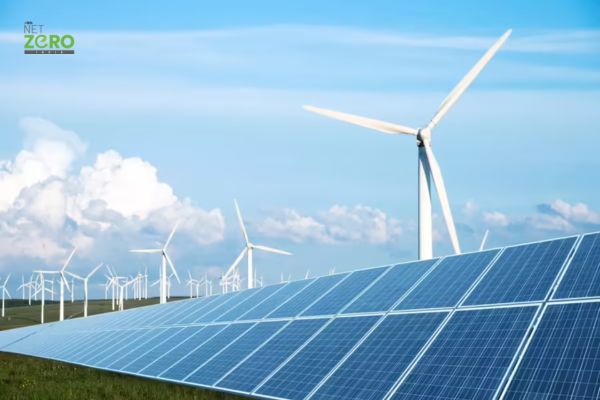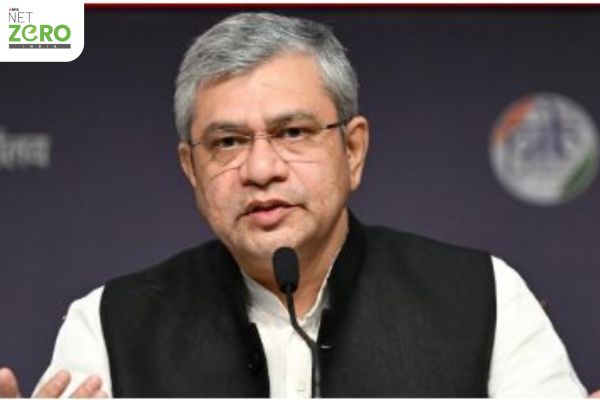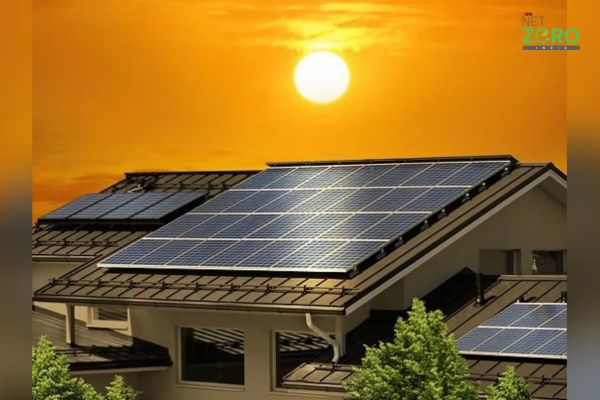
Delhi has now installed over 17,000 rooftop solar plants, including under the PM Surya Ghar Muft Bijli Yojna, as the city moves towards cleaner and more sustainable energy. Chief Minister Rekha Gupta has urged citizens to switch to solar power, highlighting its environmental and financial benefits.
Under the scheme, the Delhi government offers a capital subsidy of ₹30,000 for rooftop solar plants up to 3 kW, in addition to ₹78,000 from the Centre, bringing the total subsidy to ₹1.08 lakh. Officials noted that a 3 kW rooftop system can reduce electricity bills to zero for households consuming around 500 units per month. Consumers are also eligible for a generation-based incentive (GBI) of ₹900 per month for five years.
Power distribution companies have reported rising demand for solar energy. BSES Rajdhani Power Limited (BRPL) and BSES Yamuna Power Limited (BYPL) have energised more than 11,100 rooftop solar connections across homes, schools, industries, and commercial buildings, adding 228 MW of clean energy to Delhi’s grid.
For FY 2025–26, BSES aims to energise nearly 52,000 new rooftop solar connections, expected to contribute around 61 MW of capacity. Of these, nearly 44,000 connections are projected under the PM Surya Ghar scheme, adding approximately 44 MW, positioning Delhi as one of the country’s leading solar cities.
To drive adoption, BSES has launched extensive outreach programs including awareness camps, Surya Rath roadshows, solar melas, RWA meetings, street plays, door-to-door visits, and social media campaigns. The discom is also developing Model Solar Villages to showcase rooftop solar adoption and encourage neighbouring communities.
Also Read: Avaada Group Signs ₹36,000 crore MoU with Gujarat Government for Renewable Energy Projects
In north and northwest Delhi, Tata Power Delhi Distribution Limited (TPDDL) has crossed 100 MW in cumulative rooftop solar capacity, with more than 6,300 installations, including 4,680 domestic consumers, 1,616 commercial and industrial setups, and 42 systems under virtual and group net metering. These metering schemes allow surplus solar power to be transferred back to the grid, providing credits or incentives on future electricity bills.
Discom officials said the growing number of installations reflects increasing public confidence in rooftop solar technology, signalling a significant shift towards sustainable energy in the national capital.
Be a part of Elets Collaborative Initiatives. Join Us for Upcoming Events and explore business opportunities. Like us on Facebook , connect with us on LinkedIn and follow us on Twitter, Instagram.
"Exciting news! Elets technomedia is now on WhatsApp Channels Subscribe today by clicking the link and stay updated with the latest insights!" Click here!




